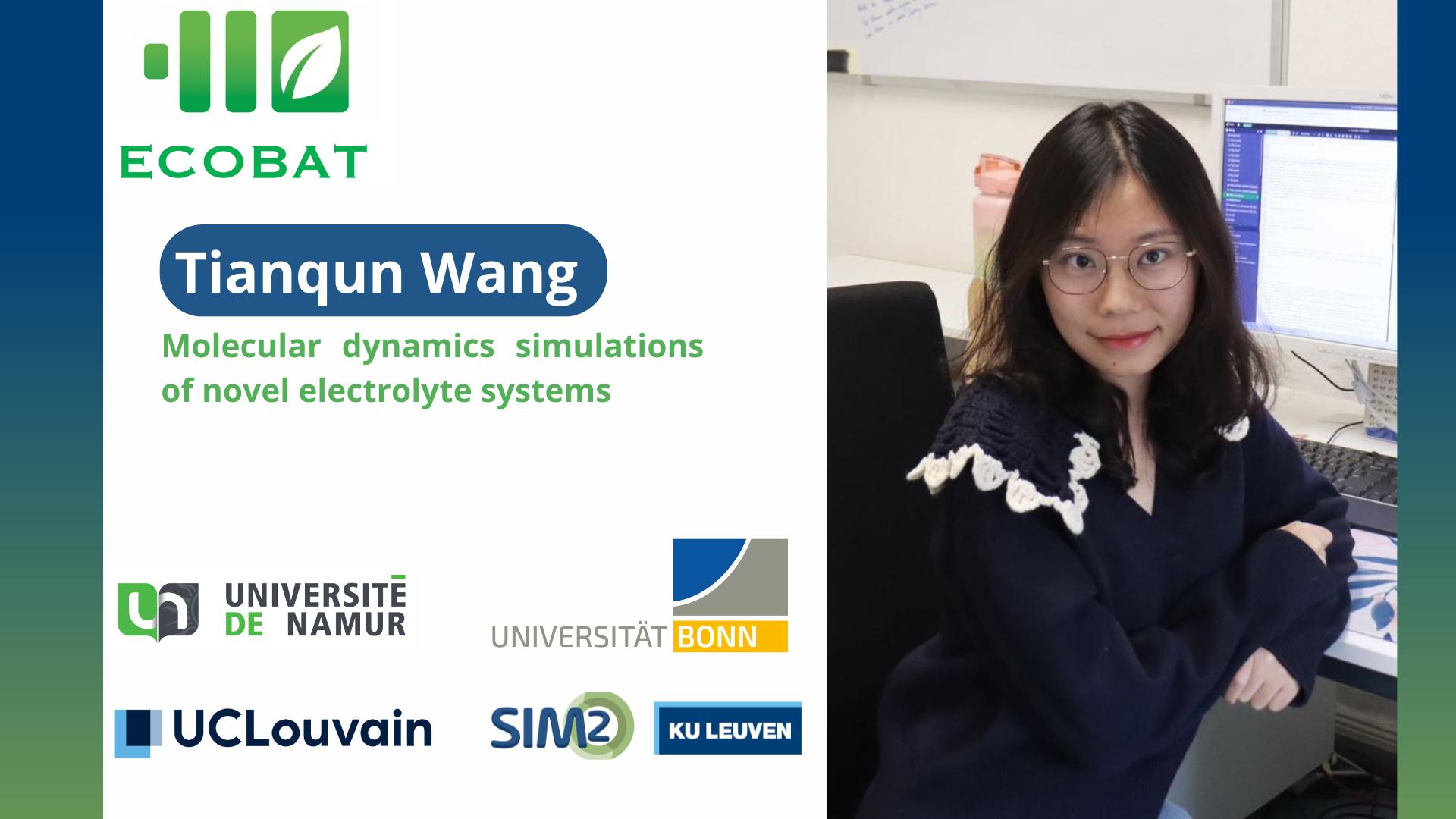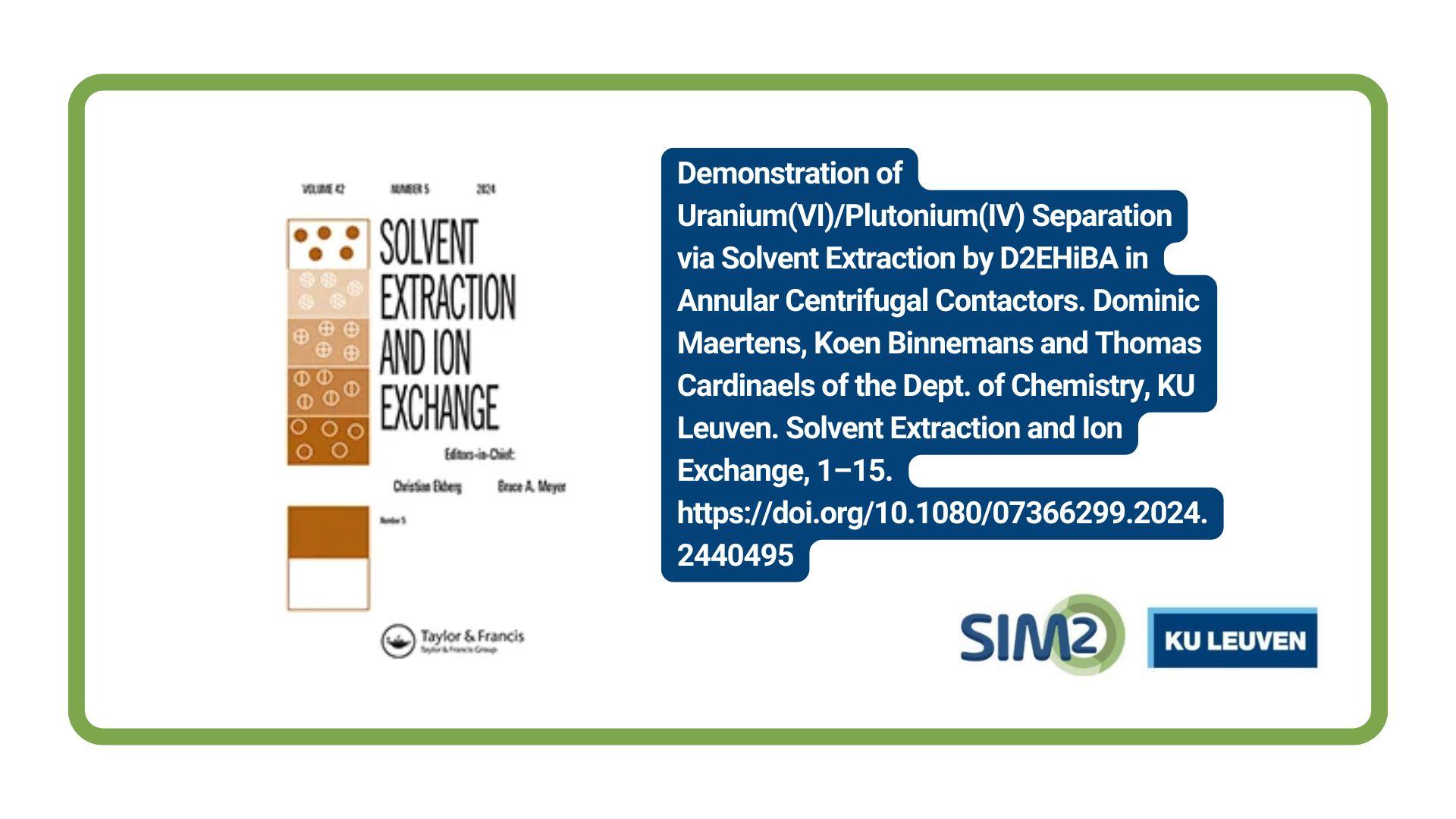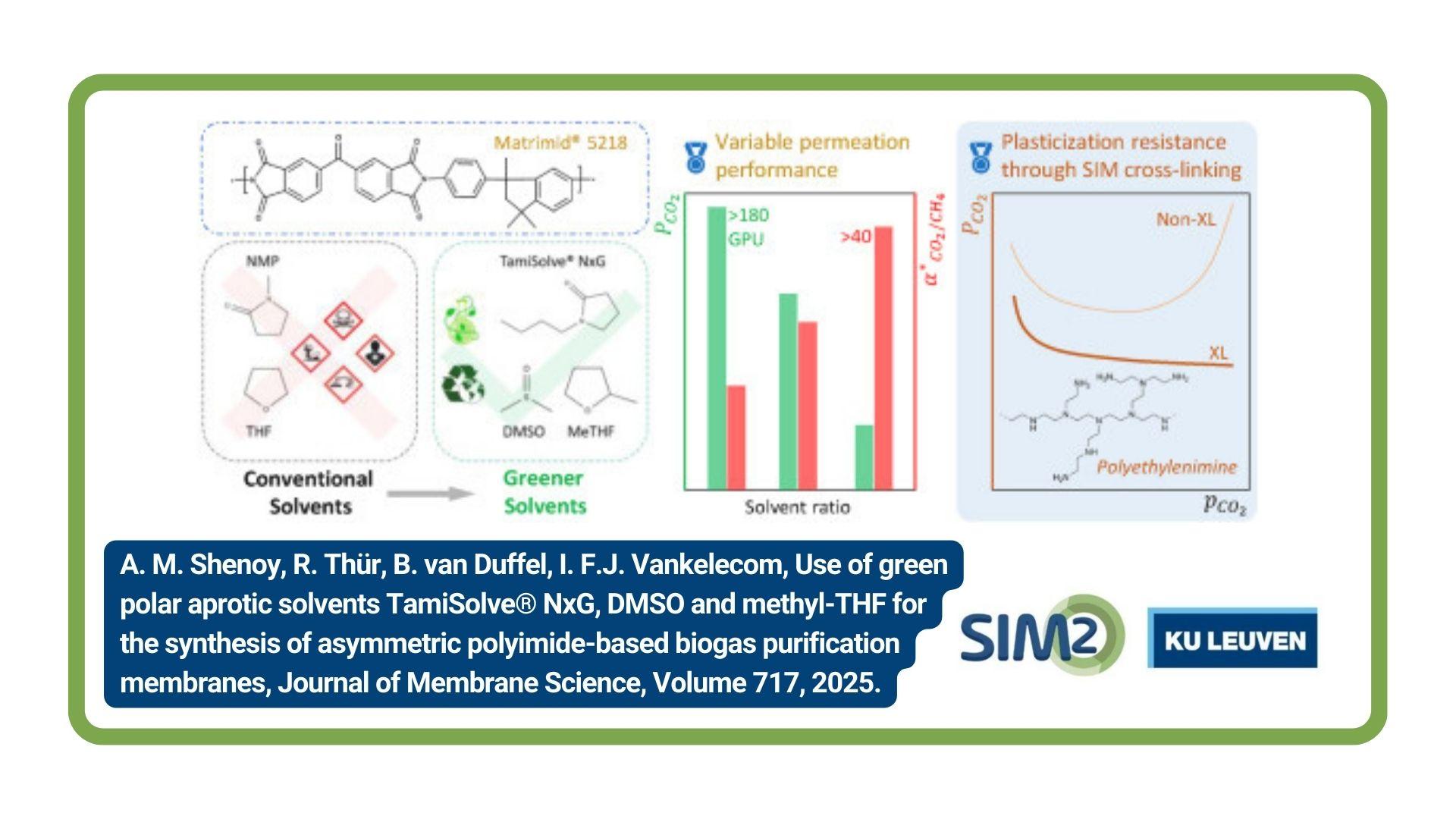In the framework of the ERC SOLCRIMET project SIM² KU Leuven researchers developed a new straightforward and versatile procedure to prepare both phosphinate and phosphonate compounds. These compounds are useful as reagents for solvent extraction of a variety of metals. The work is published in the Thieme Open Access Journal Synthesis (Leuven, 21-5-2018)
Rationale
Phosphinates and phosphonates are useful compounds whose difficult synthesis – especially of the former – has limited their more widespread use in a number of areas, such as therapeutics, flame retardants, fine chemicals and solvent extraction. In this work, a shorter synthesis strategy towards these compounds was developed starting from readily available starting materials. This reaction could be directed to form either a phosphinate or a phosphonate by choosing the correct reagent and reaction conditions. Moreover, the developed method is a more general and versatile procedure to prepare these compounds than the traditional procedures. Using this novel protocol, a broad range of phosphinates and phosphonates were synthesized, including derivatives with long alkyl chains. These new alkyl derivatives are useful reagents for solvent extraction of a variety of metals. Hence, their performance in solvent extraction is currently being investigated in detail.

Full reference paper
Bram Verbelen, Wim Dehaen, Koen Binnemans, Selective Substitution of POCl3 with Organometallic Reagents: Synthesis of Phosphinates and Phosphonates, Synthesis 2018, 50, 2019–2026, DOI: 10.1055/s-0037-1609435.
Acknowledgements
The research leading to these results received funding from the European Research Council (ERC) under the European Union’s Horizon 2020 Research and Innovation Program: Grant Agreement 694078 – Solvometallurgy for critical metals (SOLCRIMET).
Bio main author
Dr. Bram Verbelen is a postdoctoral researcher who worked in 2018 with Prof. Koen Binnemans on the SOLCRIMET project in the group of LIC at SIM² KU Leuven (Belgium). He obtained his PhD degree in 2015 at KU Leuven under the supervision of Prof. Wim Dehaen. Currently, he is working in the laboratory of Prof. Carsten Bolm at the RWTH Aachen University (Germany).





